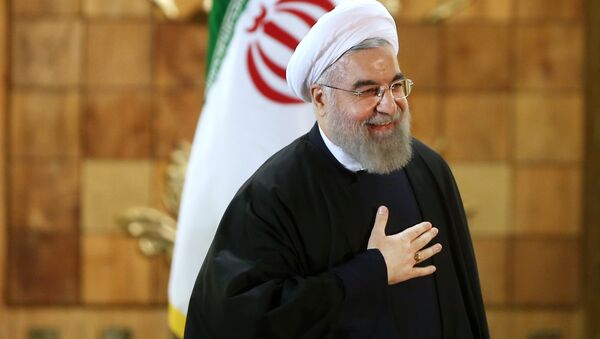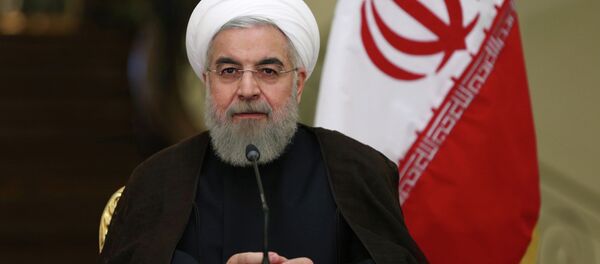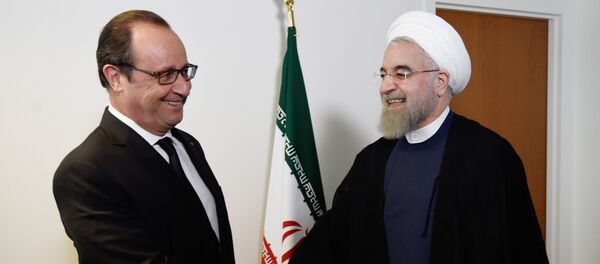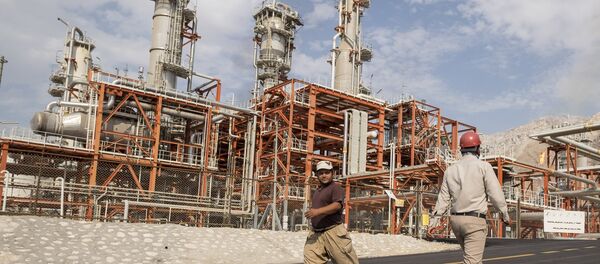The Iran nuclear deal offset
Trade between Iran the rest of the world will improve after sanctions against Iran are completely lifted, a long-awaited step, according to many in the international community.
Majidi said that "the impact (from lifting sanctions) will be huge." For decades Iran was "locked out of the international trade and banking system," and ostracized by many countries, including the US and parts of Europe.
"There is a possibility for Iran to strike deals, purchase in particular airplanes and airplane parts, which Iran has been deprived essentially since the early days of the [1979] revolution."
Majidi told Loud & Clear's Brian Becker that the Iranian people are relieved now that the treaty has been finalized. Iran was long suspected, incorrectly it turns out, of possessing a nuclear weapons stockpile, and citizens in the country had previously felt threatened by the "possibility of war escalating."
"Given the fact that the US, Israel, Britain, France and permanent members of the UN Security Council have nuclear weapons, and lots of them, and tremendous ability to destroy lives, it is highly hypocritical for Iran to have been subjected to such sanctions on the accusations on substations that it may have a nuclear weapons program," he said.
"Since 1968 when the end NPT was ratified, nuclear weapons states were supposed to engage in a verifiable series of steps to dismantle their own nuclear weapons," he said. "They not only have not done 50 years since but they openly talked about expanding nuclear weapons that are easier to store and deploy."
The real reason sanctions were placed on Iran and why the US lifted them
"Since 1979," Majidi states, "the US in particular has attempted to overthrow the Iranian state; regime change has been an effective policy."
Seeking a positive change in its Middle Eastern policies, the Obama administration shifted its approach to Iran, viewing it as a stable state, and lifted sanctions, according to Majidi.
"After 2009's so-called Green Revolution when a regime change seemed to be a possibility," the US viewed Iran as a Middle Eastern state not on the verge of collapse.
"[The US] accepted the reality that for the time being the Islamic Republic is an independent state that does not take its orders from Washington but one the US has to deal with," Majidi concluded.




